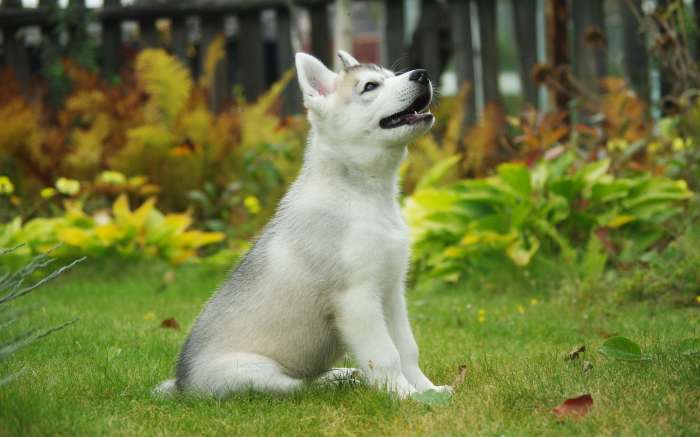Acute diarrhea in dogs can be a distressing experience for both the pet and the owner. Understanding how to manage this issue is crucial for the well-being of your furry friend. In this article, we will explore the causes of acute diarrhea, the signs to watch for, and the steps you can take to treat and prevent it.

Common Causes of Acute Diarrhea in Dogs
When your dog experiences acute diarrhea, it could be due to various reasons. Here are some common causes:
- Dietary Indiscretion
Dogs are notorious for eating things they shouldn’t. A sudden change in diet or eating spoiled food can lead to gastrointestinal upset. Always monitor what your dog consumes to prevent such issues. - Infections
Bacterial, viral, or parasitic infections can cause diarrhea. Common culprits include parvovirus, salmonella, and giardia. Vaccinations and regular deworming can help prevent these infections. - Food Allergies or Intolerances
Some dogs may have sensitivities to specific ingredients in their food, leading to digestive upset. Identifying and eliminating these allergens is essential for managing diarrhea. - Medications
Certain medications can upset your dog’s stomach, resulting in diarrhea. Always consult your veterinarian before starting or stopping any medication. - Stress
Changes in environment, such as moving to a new home or the arrival of a new family member, can stress dogs out, leading to gastrointestinal issues.
Recognizing Signs of Acute Diarrhea
Identifying the signs of acute diarrhea early can make a significant difference in treatment. Look for the following symptoms:
- Frequent loose or watery stools
- Straining during bowel movements
- Blood or mucus in the stool
- Lethargy
- Vomiting
- Dehydration (e.g., dry gums, excessive panting)
If your dog shows any of these signs, especially in combination, it’s essential to act quickly.
Initial Steps for Managing Diarrhea
- Fasting
If your dog has diarrhea, the first step is to withhold food for 12 to 24 hours. This allows their gastrointestinal tract to rest and recover. - Hydration
Ensure your dog stays hydrated. Diarrhea can lead to rapid fluid loss, so provide access to fresh water at all times. If your dog refuses to drink, consider offering electrolyte solutions designed for pets. - Gradual Reintroduction of Food
After the fasting period, introduce a bland diet. Options include boiled chicken (no skin) and plain white rice. Gradually transition back to their regular food over several days.
When to Consult a Veterinarian
While mild cases of diarrhea can often be managed at home, some situations require professional intervention. Consult your veterinarian if your dog:
- Is very young, old, or has underlying health issues
- Shows signs of severe dehydration
- Has diarrhea lasting more than 24 hours
- Experiences repeated vomiting
- Exhibits blood in their stool
Long-Term Prevention Strategies
To prevent future episodes of acute diarrhea in your dog, consider the following strategies:
- Consistent Diet
Stick to a balanced diet and avoid sudden changes. Gradually introduce new foods and always monitor for adverse reactions. - Regular Vet Check-ups
Regular visits to the veterinarian can help detect and prevent potential health issues before they escalate. - Hygiene Practices
Keep your dog’s living environment clean and ensure their food and water bowls are regularly sanitized. - Stress Management
Help your dog cope with stress through regular exercise, playtime, and a stable routine. Consider calming products if necessary.
Conclusion
Acute diarrhea in dogs can be concerning, but with proper knowledge and care, you can effectively manage the situation. Always be vigilant about your dog’s health and consult a veterinarian when needed. By following the guidelines outlined in this article, you can help ensure your dog remains healthy and happy.

Comments (0)